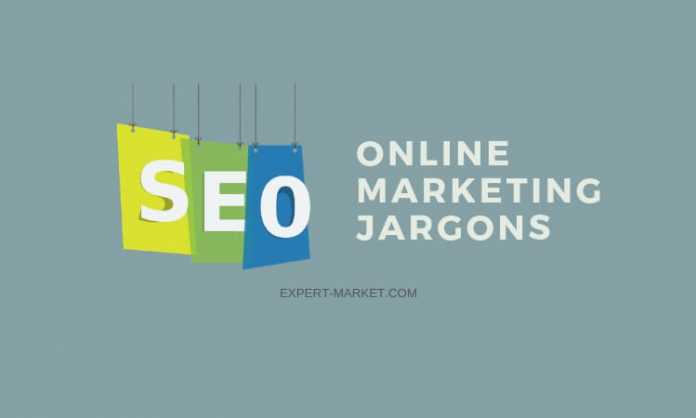Look it up online and you’ll be bombarded with jargon: online marketing. There are acronyms everywhere. Most articles on the subject seem to have acronyms for every second or third word.
It’s best to go into this armed with an understanding of the acronyms they’re likely to use. It would be nice if all articles explained what these acronyms were before they started using them. But most writers seem to assume you already know.
And, to be fair, most visitors probably do. But if you’re trying to learn, it can be off-putting. Here’s a quick guide to the important techniques and features hidden behind those acronyms.
SEO
Search Engine Optimization. The majority of web traffic is driven by the major commercial search engines. That means most of your website hits will be coming from Google, Bing, and Yahoo!. Traditional advertising, as well as advertising through social media, is all well and good. But whatever your website provides, most people are going to find it after searching online for a particular service. SEO is what makes sure the front-end and the back-end of your website are search-engine-friendly.
CRO
Chances are you may have known what SEO is; everyone talks about it. But what is CRO? That’s Conversion Rate Optimization, and it’s just as important – maybe even more important – than SEO. It’s about converting visitors into customers.
Let’s say you have a website that sells cereal. Now let’s take a random person. We’ll call them Jonathan User. Let’s say Jonathan User searches for spoons on Google. Good SEO will get Mr User onto your website. But if his goal is spoons and you don’t have spoons, then he won’t become a customer.
CRO is about making both of your goals meet. It’s about making sure your website is attractive enough to convince Mr User to give you money. SEO will bring you traffic, but you need it to be quality traffic.
ROI
Return on Investment. This is actually a pretty common acronym in several other areas, such as finance. The investment is the money you’ve put into your business. The return is the money you’ve made after that investment has been made back.
Let’s say you get the following sentence in an article. This SEO website and this CRO website both offer services for $30,000 but ROI with CRO is better than with SEO. Translation: conversion rate optimization is better value for money.
PPC or CPC
Pay Per Click, or Cost Per Click. To some, pay implies you’re getting money and and cost implies you’re spending money. PPC and CPC actually refer to the exact same thing. (Don’t ever type ‘PCP’ accidentally; that’s probably not what you want.)
It’s you paying an advertiser every time someone finds your website through them. It’s a type of paid online advertising. PPC/CPC means you pay a predetermined amount each time someone clicks on your advertisement to visit your site.
You usually set a maximum amount you are willing to pay per click, and the amount you pay will be equal or less to that amount. PPC/CPC is how the advertisers you’re working with make their profit. As with SEO and CRO, you need to make sure your long-term ROI justifies the PPC route!
CTR
Click Through Rate: It is the ratio of number of users who click on a link to the number of total users who view a link. It is widely used to measure the success and result of an online marketing campaign





























HI..THIS IS KAPIL..I AM WORKING IN A PRIVATE FIRM . I WANT TO START A ONLINE BUSINESS. LIKE GOOGLE ADSENCE , LIKE PPC(PAY PER CLICK). BUT EXACTLY I DON’T KNOW HOW TO START THAT AND HOW I MAKE MONEY FROM THIS SITE. PLZ. GIVE ME SOME PROPER WAY TO START A ONLINE BUSINESS.